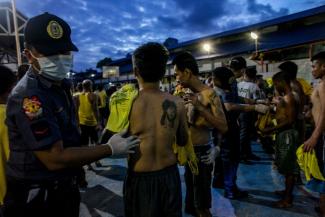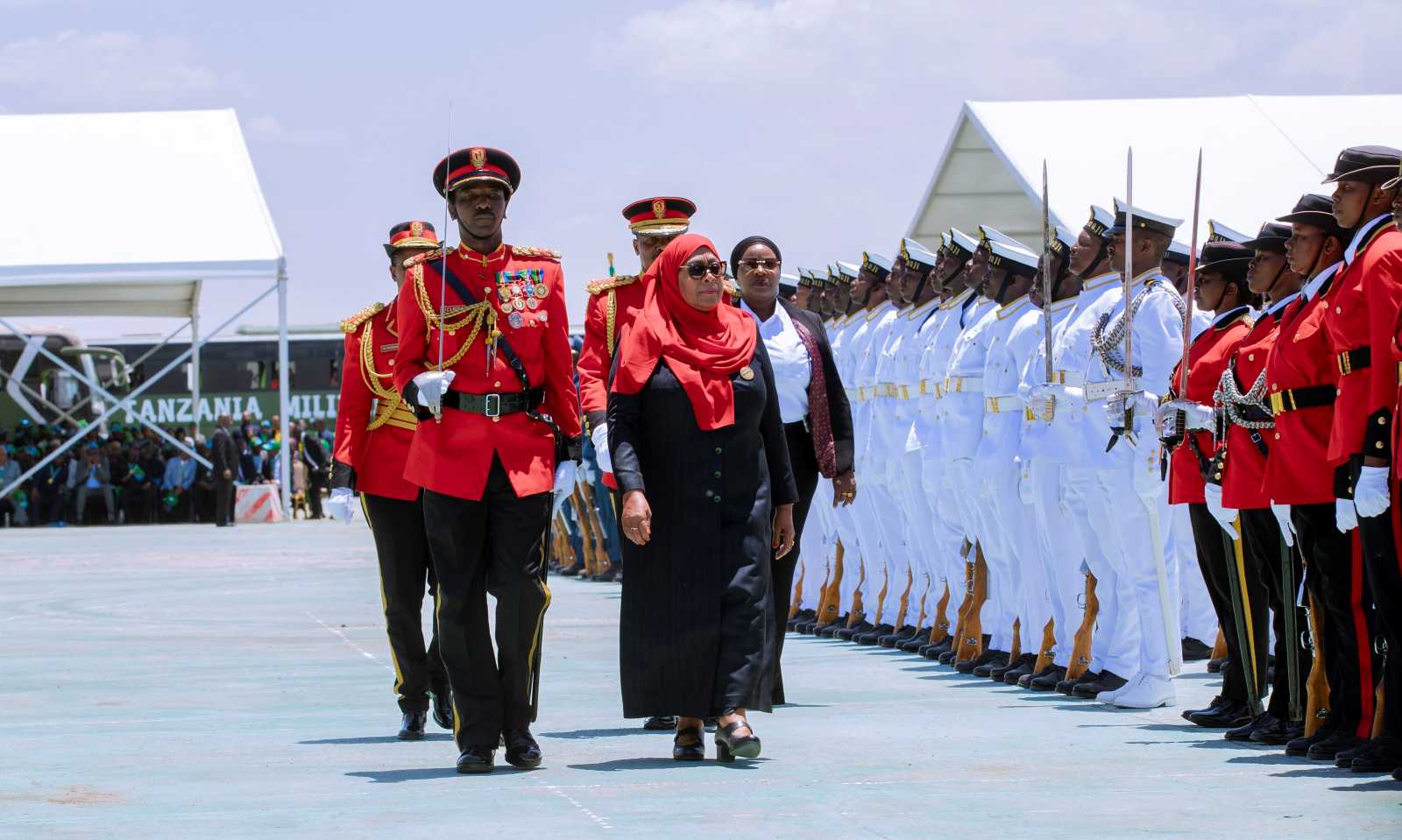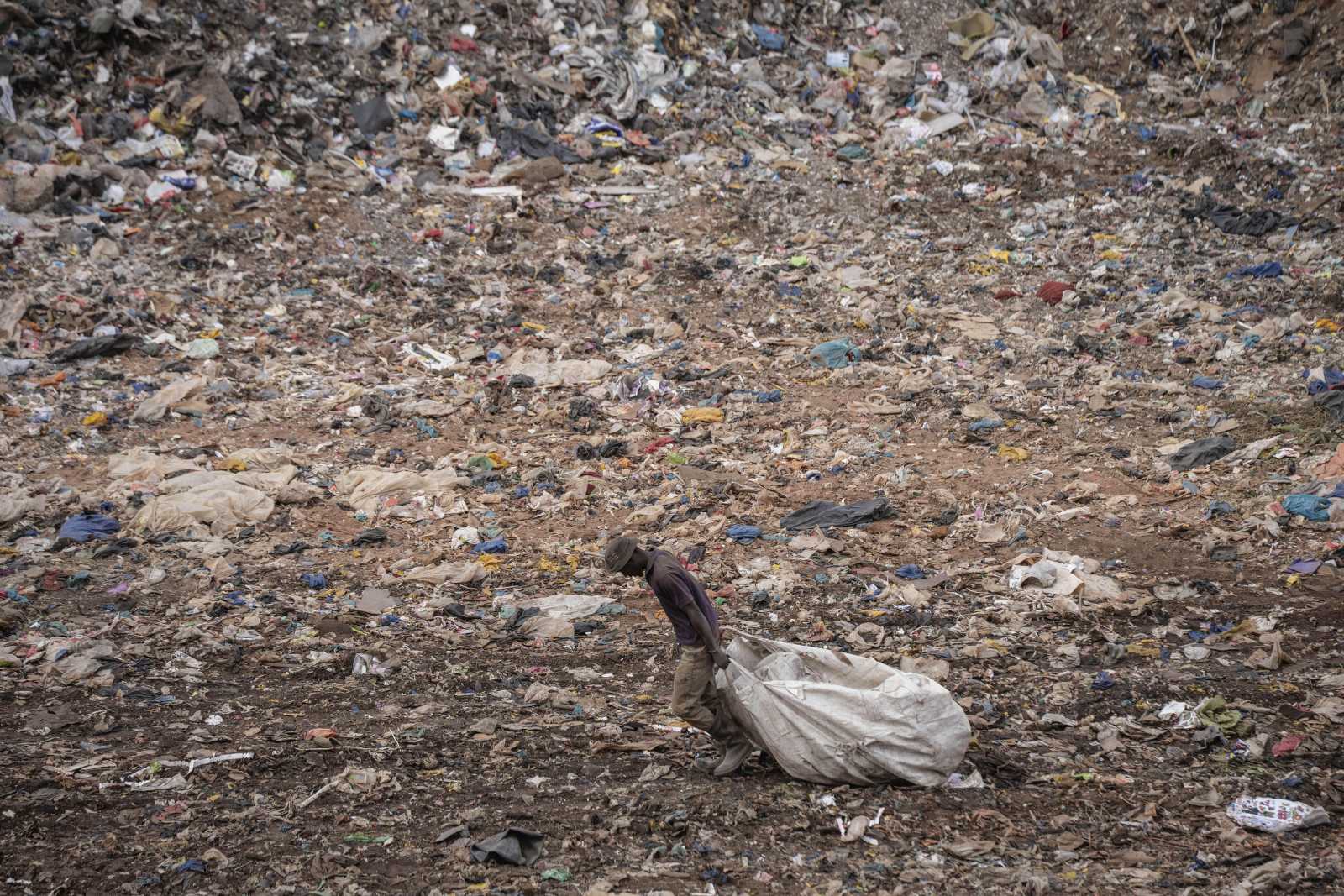Young offenders
Tougher law

Pointing out that children must be “taught to understand responsibility,” President Rodrigo Duterte wants the law to be passed. He argues that syndicates are using children in the drug trade and other criminal activities.
The Philippines House of Representatives approved the reform in January. The Senate is expected to pass it in June. Critics point out, however, that the law is unnecessary because the number of crimes committed by children has been in decline. For 2018, police statistics show that children committed 11,321 crimes, a mere 2.3 % of the total crime volume. Male teenagers were involved in more than 93 % of these incidents.
Most at risk are boys aged 14 to 17 who have dropped out of school. Many come from poor families with no stable income. Because they are considered to be more physically able, boys are forced to leave school and contribute to the family income. Many come from families marked by domestic violence. Most get arrested for theft in Metro Manila’s densely populated communities. They typically steal mobile phones, clothes, wallets and bags. Drug-related offences are often reported too, including the selling and use of prohibited substances.
Child-rights advocates point out that most under-age persons who commit crimes are themselves victims. Normally they have suffered abuse, exploitation and abandonment. Most are neglected by dysfunctional families. Many live in communities with high levels of crime. The streets become their homes, and criminal gangs find it easy to recruit them.
Risa Hontiveros is one of the few lawmakers who oppose the reform. She insists that punitive measures are not the best way to keep children away from crime. The senator proposes implementing an existing law more effectively: the Juvenile Justice and Welfare Act (JJWA) of 2006. It focuses on rehabilitation and special treatment for delinquent minors of the age groups 12 to 18. Setting the minimum age of criminal liability at 15 years, it created a separate justice system for children in conflict with the law (CICL). Guided by the principles of restorative justice, it spelled out that special programmes must address the needs of children who are in conflict with the law.
It mandated the establishment of child-caring institutions in the country’s 81 provinces and 33 cities. Called “Bahay Pagasa” (House of Hope), these facilities are supposed to offer short-term residential care to CICL who are above 15 but below 18. However, the official records show that only 63 of 114 Bahay Pagasa houses that should have been established were actually built. A mere 58 are operating. Most are dirty, overcrowded and lack basic furniture, even beds. Only five Bahay Pagasa have passed the government’s accreditation standards.
Compounding the problems, most facilities do not have the mandatory number of social workers. The staff typically lacks training in child care. The institutions offer only limited facilities for girls. Tricia Oco of the governmental Juvenile Justice and Welfare Council says: “Children are told to keep quiet the whole day and do nothing.”
Senator Hontiveros considers the JJWA a good law that needs to be implemented properly. Where that was done, good results have been achieved, she points out. She praises success in Quezon City, Valenzuela and Malabon. She says: “The number of CICL drops where the law gets efficiently and fully implemented.”
Lacking funds, many local governments are unable to implement the law, the Senator argues. She expects problems to increase once the minimum age of criminal responsibility gets lowered. In the absence of proper housing and rehabilitation facilities, CICL would simply end up in jails that are meant for adult offenders. Instead of social workers who could serve as positive role models, hardened criminals await them here. Jails would thus become schools of crime – and rehabilitation would become ever more elusive. A populist policy that is supposedly tough on crime is therefore likely to result in yet more crime and despair.
Emmalyn Liwag Kotte is a freelance journalist who lives in Germany.
emmalyn320@hotmail.com







